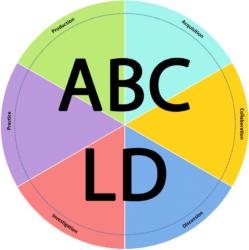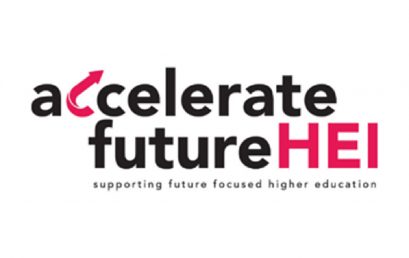
1. Information
LLP project: “Sustainable Know-How in Intercultural Learning in Student Placements and the Knowledge Transfer to Enterprises – SKILL2E”, Project number 510416-LLP-1-2010-1-AT-ERASMUS-ECUE
Director: Assoc.lect.eng. Diana ANDONE
Value: 34.194 EURO
Period: 2010-2012
Members:
Prof.dr.eng. Radu VASIU
Assistant Delia ROBESCU-TANASE
Tatiana TERNAUCIUC
Partners:
University of Applied Sciences Salzburg, Austria
University of Alicante, Spain
Arcada University of Applied Sciences, Helsinki, Finland
Mugla University, Turkey
Southampton Solent University, United Kingdom
Project web page: http://skill2e.fh-salzburg.ac.at
2. Objectives
The SKILL2E project addresses the need for preparing higher education graduates for their future work environments with respect to multi-cultural, cross-organisational and cross-sectoral collaboration.
Higher educational institutions need to equip their graduates today with social competences and cultural awareness in line with the key competences for Lifelong Learning and the New Skills for New Jobs Initiative.
The SKILL2E approach is independent of sectors and disciplines. It offers a holistic concept on how acquisition and enhancement of intercultural skills through transnational student placements in enterprises can be integrated in educational offers in the best possible manner. Furthermore, the approach focuses on how this integration can be optimized and validated in order to ensure fitness for purpose.
The SKILL2E concept aims towards four outcomes:
- SKILL2E pre-placement training model including the implementation of an assessment instrument with respect to intercultural competence.
- A prototypical implementation of the SKILL2E communication scenario for intercultural reflection in an online environment as a model for using social software for pedagogic purposes and individual learning curve evaluation.
- The SKILL2E evaluation model intended to validate the competency gain from the perspectives of all interest groups involved based on clearly defined learning outcomes.
- The SKILL2E enterprise handbook documenting best practice sample implementations of the SKILL2E cultural mentor concept designed to assist enterprises in fully utilizing the potential of international interns in the short term, but also international employees, cooperation partners and clients from a long-term perspective.
The universities and enterprises involved in the project reflect a cross-section of European culture, well suited for this multi-perspective approach and for generating useful and sustainable results beyond the project lifetime and boundaries.
The SKILL2E project has three major objectives:
- Equipping graduates with transversal skills required to communicate effectively in today’s and future multi-cultural and multi-disciplinary workplace.
- Strengthening the dialogue between universities and enterprises in providing a model for mutual knowledge transfer in the context of intercultural competence.
- Involving stakeholders at organisational as well as policy-making levels to ensure the impact of the SKILL2E approach beyond the project boundaries and lifetime.
In order to achieve these goals, the association of universities and enterprises will combine approaches and different findings in the fields of transnational student placements and related intercultural skill acquisition that have so far been isolated. This will be accomplished through a comprehensive training concept with accompanying measures, such as the online communication scenario and cultural mentorship at the enterprise. This action will involve the three relevant interest groups of students, universities and enterprises both actively in the project itself and as the intended beneficiaries.
The chosen approach is independent of both sectors and disciplines. The prototypical implementation of the SKILL2E concept in all of the associated universities and enterprises will facilitate the involvement of relevant institutional stakeholders. These stakeholders range from those who are responsible for the university-enterprise cooperation, to those who are responsible for the curriculum design at all faculty levels, in addition to the policy-makers that need to measure the relevance of the university-enterprise cooperation.
Furthermore, the SKILL2E cultural mentor concept will improve the mutual knowledge transfer, increasing awareness of cultural and social issues in the business world and finally, help balance a theory-based academic approach with practical work place implications and employability aspects.



